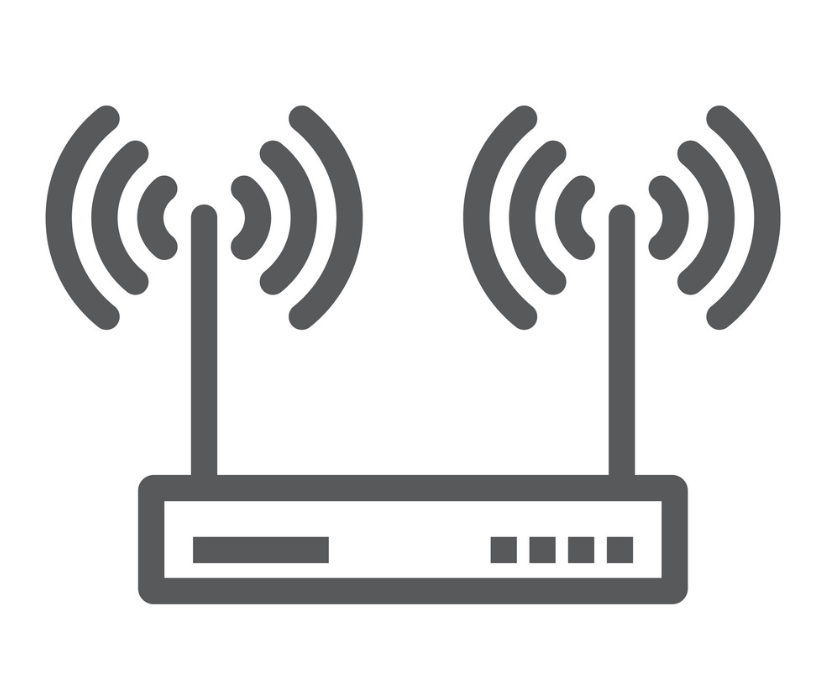Wifi is a wireless LAN that transfers data and establishes communication channels among devices by using radio waves. It is one of the most useful technologies of computer networking. It has a lot of advantages over wired networks for example wireless networks are easy to set up and inexpensive. Also, these are highly portable.
If you are using a mobile hotspot or wifi router then you might know about wifi bands. Generally, wifi operates on two frequencies i.e. 2.4 and 5 GHz so you may have the question that what are the differences between these two and which one should you use.
In this article, I will discuss how wifi works and what are the key differences between wifi 2.4 and 5 GHz.
How does Wifi work?

Wifi uses radio waves for sending and receiving data between two or more devices. A computer’s wireless adapter translates data into a radio signal and transmits it by using an antenna, this signal is received and translated by the router and is then forwarded to the internet. This is a two-way radio wave communication that also works in reverse, it can receive information from the internet and translate it into a radio wave signal and send it to the computer’s wireless adapter.
WiFi uses 802.11x networking standards, which is evolved over time, each of them comes with many improvements and features than its previous version.
Wifi 2.4 vs 5 GHz: The key differences
The 5GHz is newer between two, the older routers or mobile hotspots operate only on 2.4 GHz frequency.
The primary difference is of range and data transfer speed that both the frequencies offer. For example, 2.4 GHz provides a longer range but data transfer at a lower speed while 5GHz provides less coverage but allows data transfers at a faster rate.
The following table shows the key differences between Wifi 2.4 and 5 GHz.
Conclusion
I hope you learn the differences and now know which wifi band you want to use on your router or mobile hotspot. For any query or feedback write us in the comments below.
